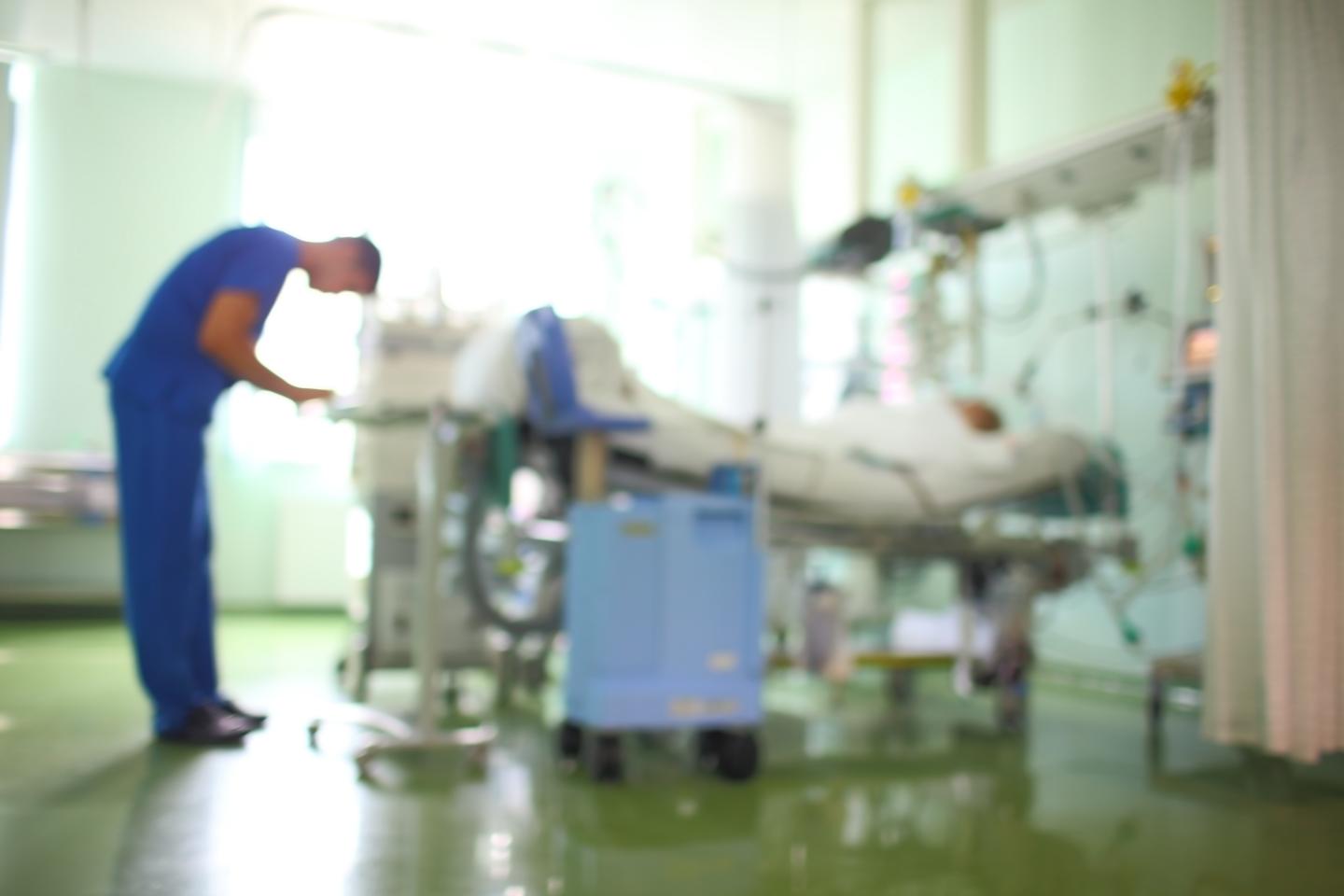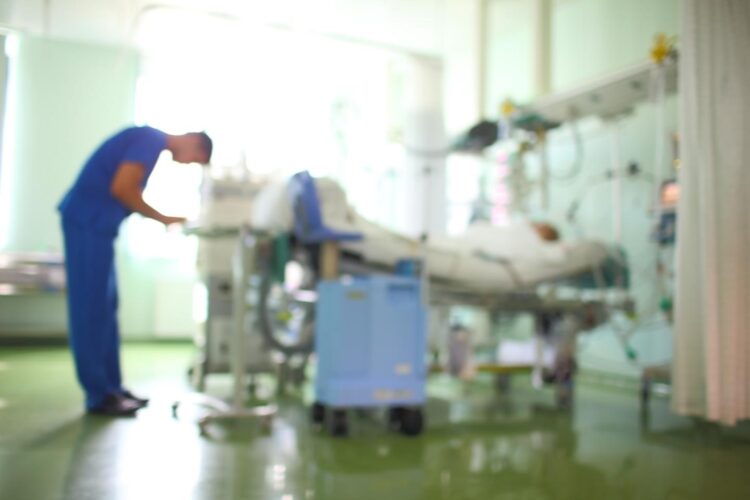
Credit: ATS
April 27, 2020 – Intensivists caution against the use of premature novel therapies in lieu of traditional critical care principles in patients with COVID-19 in a recent correspondence letter in the American Journal of Respiratory Cell and Molecular Biology.
In “A Call for Rational Intensive Care in the Era of COVID-19”, Benjamin Singer, MD, Assistant Professor of Medicine and Biochemistry & Molecular Genetics, Division of Pulmonary and Critical Care Medicine, Department of Medicine, at Northwestern University Feinberg School of Medicine, and co-authors write that “the intensive care unit is already optimized for the care of COVID-19 patients and that departures from standard of care require evidence…”
The COVID-19 pandemic is unprecedented, resulting in a surge of critically ill patients that have tested the resources of medical centers around the country. The overwhelming patient demand and dwindling resources combined to trigger a cascade of emotions, stress, and fatigue. As hospital staff mobilize to meet the growing demand of COVID-19 patients, some clinicians are making note of a pattern that has emerged where proven interventions are neglected or even rejected.
Dr. Singer, who is also associate editor of the American Journal of Respiratory Cell and Molecular Biology, argues that this is not the time to abandon reason. Instead, he calls for “a rational approach to translating science to the bedside as we care for patients with severe COVID-19. We want to come out of the COVID-19 pandemic knowing what works and what doesn’t work for severe viral pneumonia patients.”
He added that physicians continuously learn from their patients by making observations and so far what they’ve learned is that the most effective treatment for COVID-19 patients is supportive therapy. Until there are clinical trials that offer clear direction on a different treatment approach, state-of-the-art supportive care is the best option.
“Off-label and off-study use of novel or repurposed therapeutics prevents potential benefits or harms from being clearly defined and puts some of our most vulnerable people at risk,” cautioned Dr. Singer.
###
About the American Journal of Respiratory Cell and Molecular Biology (AJRCMB):
The American Journal of Respiratory Cell and Molecular Biology (AJRCMB) is a peer-reviewed journal published by the American Thoracic Society. AJRCMB publishes the most significant and original observations in the area of respiratory and lung cell biology, including cellular, biochemical, molecular, developmental, genetic, and immunologic studies in health and in acute and chronic disorders related to the respiratory system and sleep. The journal’s Impact Factor is 4.34.
Editor: Paul T. Schumacker, Ph.D. professor of Neonatology Research in the Department of Pediatrics at Northwestern University Feinberg School of Medicine and the Ann & Robert H. Lurie Children’s Hospital, with joint appointments in the Departments of Medicine (Pulmonary & Critical Care), Cellular & Molecular Biology, and the Northwestern University Comprehensive Cancer Center.
About the American Thoracic Society
Founded in 1905, the American Thoracic Society is the world’s leading medical association dedicated to advancing pulmonary, critical care and sleep medicine. The Society’s more than 16,000 members prevent and fight respiratory disease around the globe through research, education, patient care and advocacy. The ATS publishes four journals, the American Journal of Respiratory and Critical Care Medicine, the American Journal of Respiratory Cell and Molecular Biology, the Annals of the American Thoracic Society and ATS Scholar.
Media Contact
Dacia Morris
[email protected]





